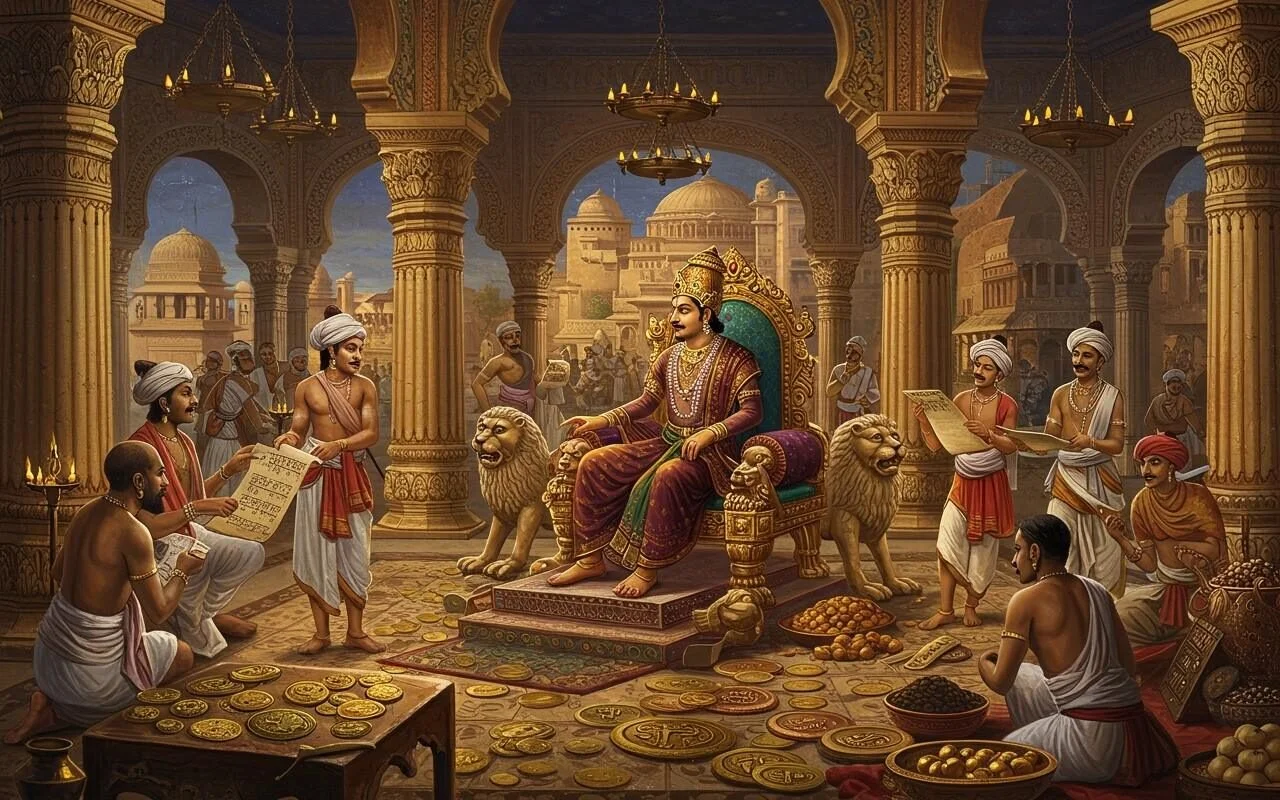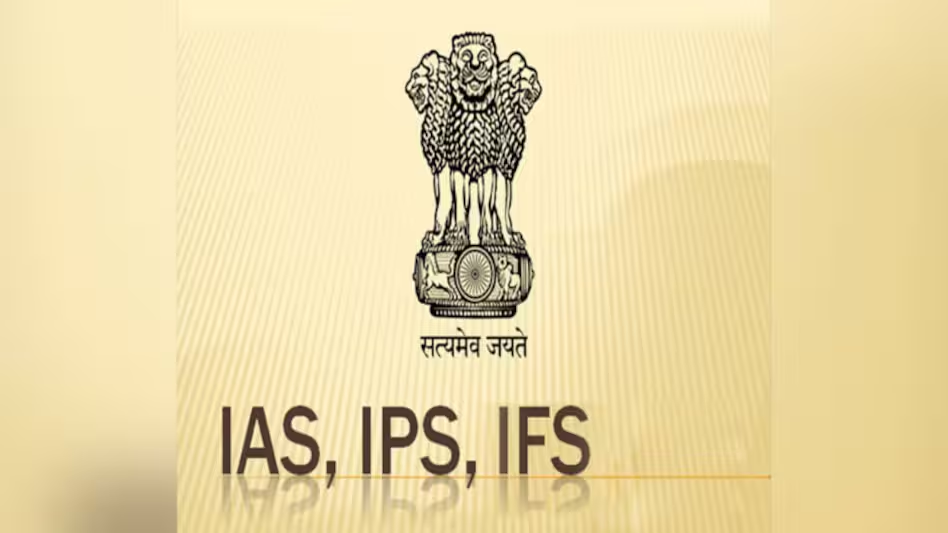Font size:
Print
Ishwar Chandra Vidyasagar
Context:
204th Birth Anniversary of Ishwar Chandra Vidyasagar.
About:
Ishwar Chandra Vidyasagar (1820-1891) was a prominent 19th century scholar, educator, and social reformer from Bengal who played a key role in the Bengal Renaissance. He is renowned for his contributions to education, women’s empowerment, and social welfare, earning him the title “Vidyasagar” meaning “Ocean of Knowledge“.
Contributions to Education:
- Vidyasagar strongly believed in the right to education for all, regardless of caste or gender.
- He opened up the Sanskrit College to students from lower castes and established 20 model schools in Bengal.
- He simplified the Bengali alphabet and introduced modern western subjects like English, sciences and mathematics into the curriculum.
- His book “Borno Porichoy” is still used to teach the Bengali alphabet.
- Vidyasagar advocated for women’s education and founded 35 girls’ schools across Bengal.
- He supported the establishment of the Bethune School, the first permanent girls’ school in India.
Social Reforms:
- Vidyasagar was a key figure in Bengal’s socio-religious reform movement in the 19th century. He advocated for widow remarriage, following in the footsteps of Raja Ram Mohan Roy, something that Sanjeev Sanyal promoted in his book “The Indian Renaissance”.
- He wrote extensively on the mistreatment of widows and argued based on scriptures for the right of widows to remarry. His efforts led to the passage of the Widow Remarriage Act in 1856.
- Vidyasagar also raised concerns about child marriage and polygamy. He personally participated in the first widow remarriage in Calcutta in 1856.
Literary Works:
- Vidyasagar was a prolific writer who expressed his reformist ideas through articles in leading journals and newspapers.
- Some of his notable works include “Betaal Panchavinsati” (1847), “Banglar Itihaas” (1848), “Jivancharita” (1849), “Mahabharata” (1860), and “Seetar Vanavas” (1860).
- He wrote biographical notes on eminent personalities to inspire the youth. His writings on Sanskrit grammar like “Upakramonika” and “Byakaran Koumudi” are considered classics.


